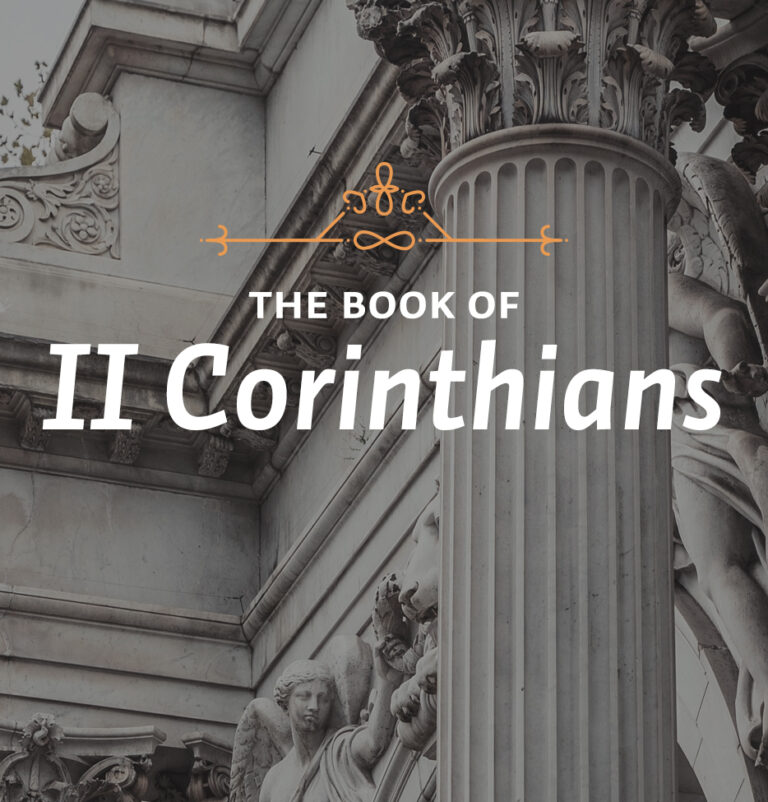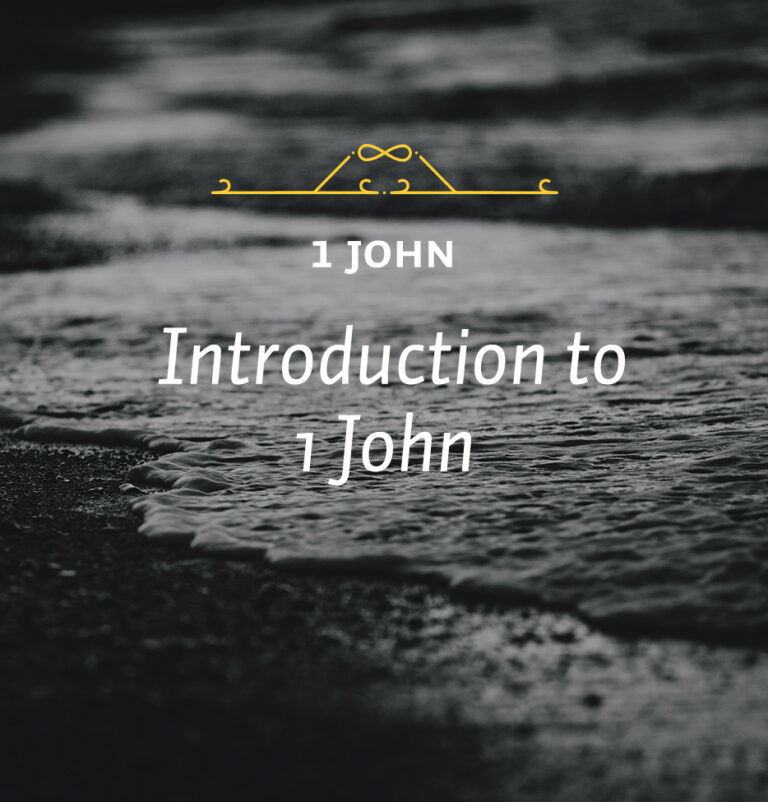
Making Sure — Part One
Making Sure2 Corinthians 13:1-14Theme: Assurance.This week’s lessons exhort us to examine ourselves to see if we are truly followers of Christ. Lesson

Making Sure2 Corinthians 13:1-14Theme: Assurance.This week’s lessons exhort us to examine ourselves to see if we are truly followers of Christ. Lesson

It is one thing to practice discipline where there is a clear violation of the law of God, and there is unrepentant behavior after much careful concern and pleading with the person, and a great deal of effort in prayer.

There are great passages that talk about the doctrines of assurance and eternal security. There are three key passages. One is the tenth chapter of John’s Gospel where Jesus is speaking. He says there that he holds his people in his hand. He is the Shepherd; he has called them to himself.

Paul said examine yourself. So how can we do that? In John’s first letter, he was writing to people who were shaken up because of the Gnostics – people who had come into their midst professing a greater measure of enlightenment.

I say to you as the Apostle Paul said to the Christians at Corinth: examine yourselves to see whether you are really in the faith. You might have learned many things about God, but if you learn much about the faith and are not actually born again, what you have learned is to no advantage.

When I was talking about the third chapter of Romans, I pointed out that Romans 3 is the heart of the Bible. If that is true, Romans 8 is the Bible’s climax.

You recall what is said in the third chapter of John’s gospel, the very chapter which contains that great verse beloved by Christians everywhere, beginning, “For God so loved the world . . .” The chapter talks about the gospel: that God sent Jesus Christ that we might have eternal life.

But how can that be that condemnation does not come to us? There should be condemnation for us because we are sinners. I think that in the days before Christ’s crucifixion no one really understood how that could be. Certainly the men who set out to trap the woman did not understand it.

Yesterday we concluded by looking at the first reason we might have for being defeated. The second reason is found in verses 17 to 25, where Paul talks about our present sufferings.

The second reason why there will be no separation from the love of God is the impotence of everything, when set over against the sovereign love of God toward us in Christ Jesus. What are things, when set over against God? Paul talks about a number of things that might tend to separate us from that love.

I want to begin a brief but entirely new series of studies of 1 John. And to begin with I want to look at the purpose for which 1 John was written. It is possible to read a book without understanding the purpose for which it was written. Indeed, much reading is done on this level by many persons. But it is not possible to study a book without dealing with this primary question.

The first is the test of practical righteousness in the believer’s life. It does not mean that the Christian must be without sin—indeed, John says that the one professing to be without sin deceives himself and makes God a liar (1:8, 10)—but it does mean that he must be progressing in righteousness so that his profession is increasingly matched by his conduct.

The second purpose that John had in writing his letter is related to the first one, but it is rightly considered a distinct purpose, in that by it John was dealing with a new and dangerous movement in his day and was warning Christians about it. The movement was what today we would call an early form of gnosticism, and John’s objective in writing against it is to stress the historical origins of Christianity.

The third purpose for the writing of 1 John is to explain or elaborate upon Christ’s new commandment: “A new commandment I give unto you, that ye love one another” (John 13:34).

What, then, are the major emphases of John’s first letter for ourselves and our contemporaries? There are five of them.
The first message of John is his insistence upon the truth and value of the old message of the Gospel as opposed to new or modern alterations of it, such as would change its character.

How does a Christian deal with doubt? Although there are many causes for it, there is only one answer. It is by knowledge. The Christian must simply take himself in hand and confront himself with what he knows to be true concerning God and God’s work in his life. In other words, faith (which is the opposite of doubt), being based on knowledge, must be fed by it. This is the point that John develops at the close of this third chapter.

Yesterday, we looked at the most common meaning of peithein, which is “to convince” or “to persuade.” Today we begin by looking at another meaning.

There is a second truth which we may also use to reassure our hearts. The first by its very nature was related to ourselves specifically; it had to do with God’s specific work in our own individual life. The second is more general in that it refers in equal measure to all who are God’s children. It is simply that whatever our hearts may say, God knows us better than even we ourselves do and nevertheless has acquitted us. Therefore, we should reassure ourselves by His judgment, which alone is trustworthy, and refuse to trust our own.

The first advantage of an uncondemning heart is what John calls “confidence before God.” This must be understood, not in the sense of confidence of things in general, but in the sense of confidence of one’s standing before God and therefore of access to Him. The Greek phrase literally says, “confidence toward God,” meaning that confidence by which we turn toward Him trustingly. It is one fruit of justification in the Christian life (Rom. 5:2).

In the last verse of chapter three, John introduces two new ideas into the letter, neither of which has even been suggested up to this time. He mentions the idea of a mutual abiding, of Christ in the Christian and of the Christian in Christ; and he mentions the Holy Spirit, through whom the abiding is effected. Because of the development to come in chapter five, the idea of the witness of the Holy Spirit is the more important of the two new concepts.

John does three things in this passage. First, he marshals witnesses to Jesus in which the testimony of the Father is found. Second, he contrasts the testimony of men with God’s testimony, stressing that God’s testimony is to be believed and trusted. Third, he sums up God’s testimony and joins it to a final statement of his purpose in writing the letter.

At the time of the late Renaissance and Reformation, when classical texts were first being edited critically, Erasmus of Rotterdam produced a Greek text in which the words “in earth” were missing. At this time most of Europe was using the Latin Vulgate as its Bible version, so Erasmus was quickly criticized for omitting the passage. He replied that the words were not in any of the Greek manuscripts.

In yesterday’s study, we looked at the first interpretation of the expression “water and blood” as a reference to that which flowed from Christ’s side at His crucifixion. We noted a couple of important similarities. Unfortunately, the similarities are not as great under examination as they seem to be on the surface.

If a person does believe God, he has an internal assurance that what he has believed is trustworthy. This is the work of God’s Spirit, the testimonium Spiritus Sancti internum, as the Reformers termed it. It is in addition to the assurance provided on other grounds.

Canadian Committee of The Bible Study Hour
PO Box 24087, RPO Josephine
North Bay, ON, P1B 0C7